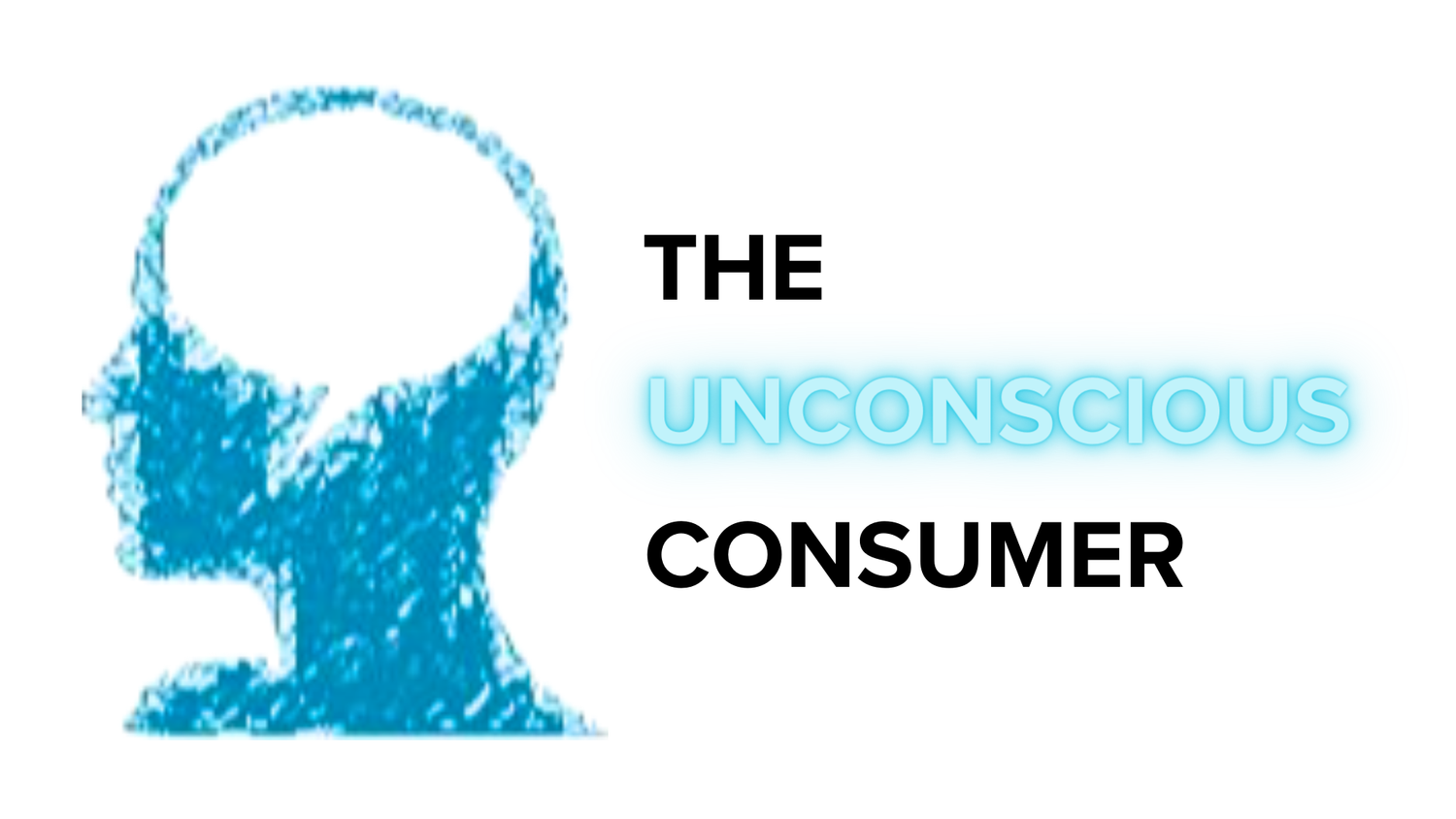The Invisible Hand in Your Wallet: Unmasking the Impact of Inflation Fears on Your Spending Habits
Imagine you're at your favourite store, and the price of your go-to item has suddenly jumped. It's the same product, same quality, but now it's burning a deeper hole in your pocket. You've just had a face-to-face encounter with inflation. While we often discuss inflation in the context of policy meetings and economic forecasts, we rarely consider its silent but profound impact on our day-to-day spending habits. In a climate of soaring inflation rates and economic uncertainty, understanding this impact is more crucial than ever.
Inflation: The Puppet Master of Spending
Inflation is the economic phantom that manipulates the strings of prices and wages. Its mere whisper can trigger a complex dance of consumer behaviour, from panic buying to conservative saving. When we anticipate inflation, many of us rush to buy now before prices go higher, especially for durable goods (Coibion, Gorodnichenko, & Weber, 2019). But this is just half the story. For others, the prospect of inflation induces a frugal mode, a tightening of purse strings, as we prepare for potentially tough times ahead.
The Domino Effect: Inflation, Uncertainty, and the Consumer Confidence Crash
The impact of inflation goes beyond the increase in prices at stores. It creates an atmosphere of economic unpredictability, which leads to hesitation in purchasing and investment decisions, according to studies by Bachmann, Elstner, & Sims (2013). It's similar to standing at the edge of a high diving platform - we tend to withdraw when we are uncertain about what lies ahead.
When inflation is on the rise, consumer confidence often takes a hit, as shown by metrics like the University of Michigan's Index of Consumer Sentiment (Curtin, 2017). Our optimism about the economy dwindles, we hold our wallets a little tighter, and the ripples are felt throughout the market.
Outsmarting Our Biases: The Behavioural Economics of Inflation
Beyond the hard data and economic models, there’s a human side to this story. Behavioural economics shows us that we’re not always the perfectly rational agents that traditional economic theories would have us believe. For example, 'money illusion,' our tendency to think of money in nominal terms and not in terms of its real purchasing power, can lead to misjudged spending decisions as inflation creeps in (Shafir, Diamond, & Tversky, 1997).
Inflation Fear: An Opportunity for Businesses?
These behavioural shifts aren't just trivia for the economically curious. They're invaluable insights for businesses looking to navigate the tumultuous waters of inflation and economic uncertainty. By understanding these changes, businesses can pivot their strategies, focusing on essential goods and services, or offering flexible payment terms to counter consumers' tendency to delay purchases.
The Bottom Line
The impact of inflation goes beyond being a mere economic indicator or a topic of discussion in financial news. It has the power to influence our daily choices, often without us realizing it. In light of the current economic instability, recognizing the effects of inflation on our finances can assist us in making more informed decisions, both as individuals and as enterprises.
Want to share your thoughts? Feel free to share them in the comments section below or on social media.

